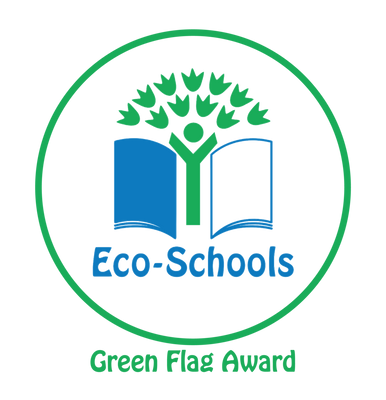Science at Bidbury Junior School

We are thrilled to announce that we have been awarded a quality mark for the teaching of Science at Bidbury Junior School.
The National Primary Science Quallity Mark (PSQM) is awarded to schools to celebrate their commitment to excellence in Science teaching and learning. Our thanks to Miss Gardiner, our Science Subject Leader for all her hard work towards achieving the award.
Helen Sizer, PSQM Co-Director said: ‘By enabling effective science leadership, PSQM is powering the potential of all children to see the relevance and importance of science in their lives, now and in the future. Schools that have achieved a Primary Science Quality Mark have demonstrated a significant commitment to science leadership, teaching and learning and the profile and quality of science in each accredited school is very high. Science subject leaders, their colleagues, headteachers, children, parents and governors should be very proud.”
Intent
At Bidbury, our science curriculum aims to develop a sense of excitement and curiosity about natural phenomena and an understanding of how the scientific community contributes to our past, present and future. We want our pupils to develop a complex knowledge of Biology, Chemistry and Physics, but also adopt a broad range of skills in working scientifically and beyond. Our science curriculum aims to be inclusive and meaningful, so that all pupils may experience the joy of science and make associations between their science learning and their lives outside the classroom. Our curriculum aims to encourage critical thinking and empower pupils to question the hows and whys of the world around them.
Our curriculum is based on the suggested progression in the HIAS (Hampshire County Council) primary science scheme of work which encourages:
- A strong focus on developing knowledge alongside scientific skills across Biology, Chemistry and Physics.
- Curiosity and excitement about familiar and unknown observations.
- Challenging misconceptions and demystifying truths.
- Continuous progression by building on practical and investigative skills across all units.
- Critical thinking, with the ability to ask perceptive questions and explain and analyse evidence.
- Development of scientific literacy using wide-ranging, specialist vocabulary.
The aims of this scheme of work align with those set out in the national curriculum whilst the scheme enables pupils to meet the end of key stage attainment targets.
Implementation
The national curriculum programme of study for science aims to ensure that all pupils:
- develop scientific knowledge and conceptual understanding through the specific disciplines of biology, chemistry and physics
- develop understanding of the nature, processes and methods of science through different types of scientific enquiries that help them to answer scientific questions about the world around them
- are equipped with the scientific knowledge required to understand the uses and implications of science, today and for the future.
In order to meet the aims of the national curriculum and in response to the Ofsted research review into science, we have identified the following key strands:
- Scientific knowledge and understanding of:
-
- Biology - living organisms and vital processes.
- Chemistry - matter and its properties.
- Physics - how the world we live in ‘works’.
- Working scientifically - processes and methods of science to answer questions about the world around us.
- Science in action - uses and implications of science in the past, present and for the future.
The scheme is a spiral curriculum, with essential knowledge and skills revisited with increasing complexity, allowing pupils to revise and build on their previous learning. A range of recall activities promote frequent pupil reflection on prior learning, ensuring new learning is approached with confidence. Each unit is based upon one of the key science disciplines; Biology, Chemistry and Physics and to show progression throughout the school we have grouped the national curriculum content into six key areas of science:
-
-
-
-
-
- Plants
- Animals, including humans
- Living things and habitats
- Materials
- Energy
- Forces, Earth and space.
-
-
-
-
Pupils explore knowledge and conceptual understanding through engaging activities and an introduction to relevant specialist vocabulary. As suggested in Ofsted’s Science research review (April 2021), the ‘working scientifically’ skills are integrated with conceptual understanding rather than taught discretely. This provides frequent, but relevant, opportunities for developing scientific enquiry skills. The scheme utilises practical activities that aid in the progression of individual skills and also provides opportunities for full investigations.
Lessons incorporate various teaching strategies from independent tasks to paired and group work, including practical, creative, computer-based and collaborative tasks. This variety means that lessons are engaging and appeal to those with different learning styles. Learning is adapted for every lesson to ensure that all pupils can access learning and opportunities to stretch pupils’ learning are available when required. Knowledge organisers for each unit help to identify prior and future curriculum links to make the scheme as meaningful as possible and reinforce key technical terms.
Impact
At Bidbury, we continually monitor the impact of our Science curriculum through both formative and summative assessment opportunities. Within each unit studied, pupils' learning is assessed against the learning objectives and any relevant scientific enquiry skills to provide a summative assessment. Opportunities for children to communicate using scientific vocabulary also form part of the assessment process in each unit.




